Cambodia's sugar rush leaves farmers feeling bitter at 'land grab'
- Guardian
- 09 July 2013
Villagers from Koh Kong, Cambodia claim they are losing their livelihoods to plantations that supply Tate & Lyle
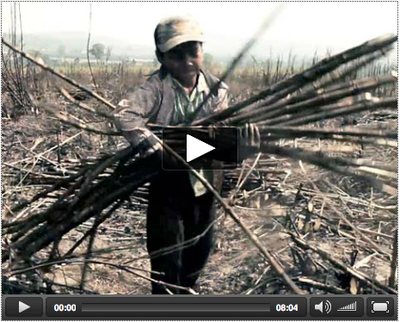
Villagers from Koh Kong, Cambodia claim they are losing their livelihoods to plantations that supply Tate & Lyle
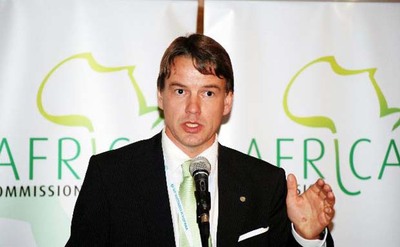
Africa must be developed in a rush in order to avoid a global food crisis with huge changes, including a confrontation with chiefs, the role of women and the views on collective property, says Danish Minister for Development Cooperation.
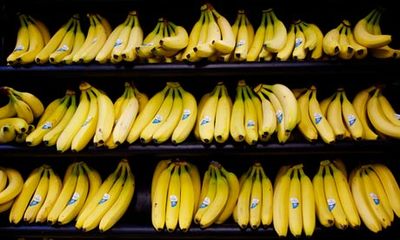
With the huge export potentials of banana, RP Bahrain Harvest Inc. is putting up a plantation in the Philippines with an initial investment of P85 million.
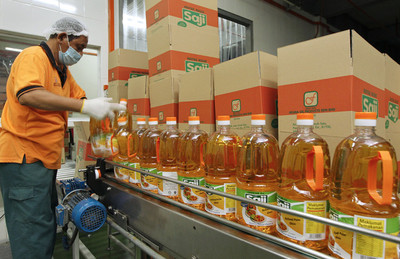
Felda Global is planning a $13.7 million purchase of rubber, oil palm land in Indonesia and says it is closing in on land deals in Myanmar, Cambodia, Papua New Guinea.
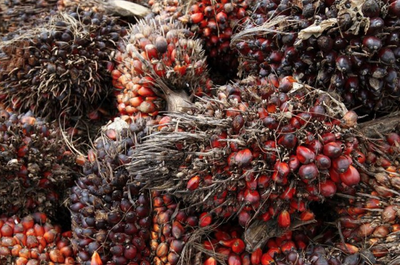
Environmental activists have petitioned Washington to open up an investigation into the land acquisition and forest exploitation activities of a U.S.-owned palm oil firm, Herakles Farms, in Cameroon’s southwest.
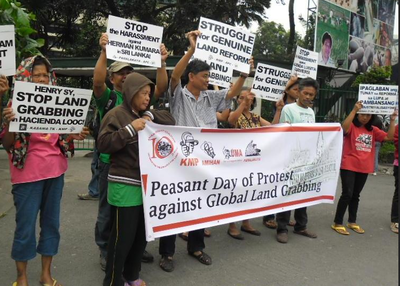
Proposed constitutional amendment will allow 100-percent foreign ownership and control of land and give non-Filipino individuals and entities access to an unlimited size of land, says KMP.
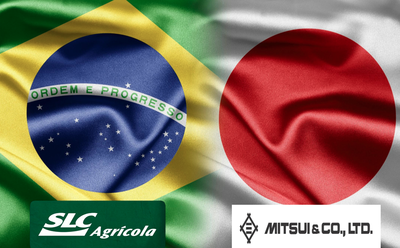
SLC Agricola, one of Brazil's largest soybean producers with cotton, corn and coffee operations, will have a 50.1 percent participation in the venture that will start operations in the northern frontier agricultural state of Bahia.
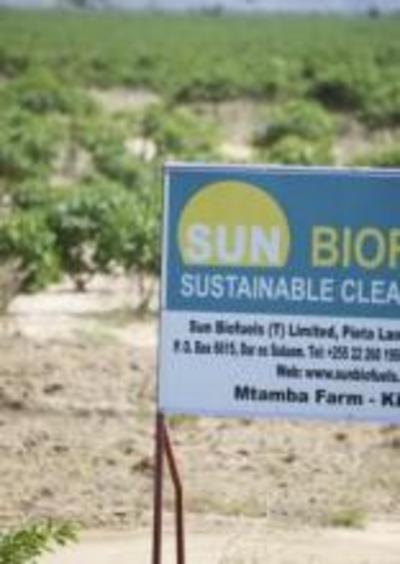
The EU's bioeconomy vision is fuelling land grabs in Africa.

FORMER Macarthur Coal chairman Keith De Lacy is backing the potential $100 million float of a beef cattle company, with expectations that offshore investors will support the company's initial public offer.
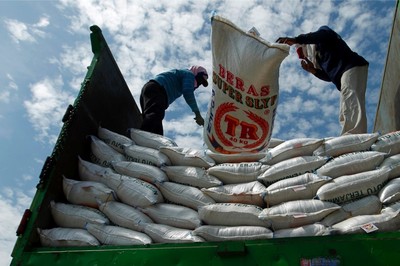
A group of Malaysia and Chinese investors are looking to invest as much as $2 billion in Indonesia’s integrated rice farms in the next seven years.

Brazil imposes limits on the acquisition of land while it pursues a project with Japan to implement agribusiness and contract farming over 10 million ha in Mozambique.
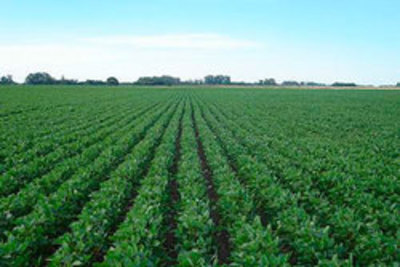
A study funded by OXFAM shows how the transnational cereal trader used 36 anonymous companies to acquire lands in Vichada, Colombia that had been allocated by the state to small peasant farmers.